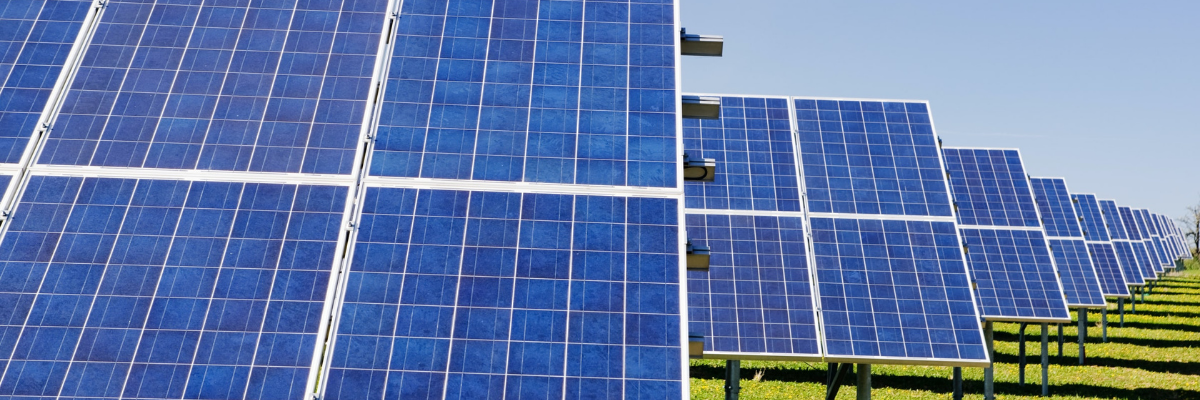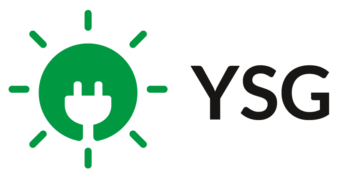Renewable energy increased 575% in the last 4 years in New York City, with solar panels remaining one of the leading sources New Yorkers rely on for their clean energy. Some homes can't install solar due to roof or shade issues, thus creating a space in the market for solar farms. Solar farms are becoming popular among people in this niche who have issues installing solar or just generally dislike the look of solar panels.
Solar farms are made up of acres of solar panels leased by landowners to people who do not want, or are unable to put, solar panels on their own homes. Leasing your land for solar can potentially be a fruitful business that adds to yearly revenue if the land is receiving a lot of sunlight. However, there are several key factors to understand before jumping into a solar farm. 
Things to consider before starting a solar farm:
How Much Does Solar Installation Cost Per Acre?
Typically a solar farm has around 1 megawatt (mW) of land to power about two hundred households around the area. The cost of installing 1 mW of solar panels would run the landowner around one million dollars. However, many farms are a lot smaller and require less money to install solar. This depends on the land and location of the solar panel installation. Each case would be different depending on the project and scale the landowner would want to build at.
How Suitable is Your Land?
Land that is suitable for solar farming has many different requirements. First up is a sunny platform for the solar panels to rest on. Having flat land will allow more energy to be absorbed by the solar panels and is generally preferable - especially when the land is facing south towards the sun. The sun energy in the area can be tested with tools like PVWatts to see how much energy the land is able to produce.
Knowing The Land
If you are someone who wants to start a solar farm, get to know the area around your land. Learn where the power lines and electricals will be placed to prevent damage towards the farming capabilities of the land. Know where the access roads are to prevent damage towards other parts of the land such as drainage due to excess water going onto the fields or any other damage that can be done to your property. Also, understand what is around the area of the farm to know what other buildings may cause problems with either the solar installation or even just getting light onto the panels. As a potential future solar farm owner, understanding what may cause shade to the panels is key to successful power maximization.
Knowing Your Community
Understanding the people who live around you will give you a better understanding of who actually wants to switch to renewable resources. Being able to look into neighbors or communities that are interested in switching will give you a better idea of who wants to lease and how long people would like to lease for.
Understanding the Taxes
Solar farms are just like regular farms with different regulations and taxes. It is considered a real property once the panels have been permanently put in place. The land is taxable unless it qualifies for any exemptions. There will be a five year rollback tax period for those who use the land for agricultural purposes. There is also another exemption for a fifteen-year period towards real property taxes from the land increasing in value for certain qualifying systems. Although, after fifteen years, there can be an effect on the tax liability going forward.
Removal of the Solar Panels
Probably the most tedious part of the whole solar process is when you finally decide to take down the solar panels and consider making the land agricultural again. The removal of the solar panels should be a part of the contract with the solar company. Determine who is responsible for removing the panels and who is responsible for the cost of the panel removals in the contract. Dismantling costs should be covered early in the contract to protect the land owner from any extra costs that may be associated with the removal process.
As the trend of clean and reusable resources continues to rise and gain traction, more people will likely switch to a clean energy source. Being at the front lines of leasing energy to homeowners gives you a serious head start.
By Kasey Liu
To speak to a team member at YSG about using your land for a solar farm, call us now at 212.389.9215 or send an email.
Follow YSG Solar on Twitter, Facebook + Instagram.
Sources:
https://www.borregosolar.com/blog/signing-a-solar-land-lease
https://www.a-rsolar.com/commercial/thinking-leasing-land-consider-solar-farm/
https://news.energysage.com/solar-farms-start-one/

